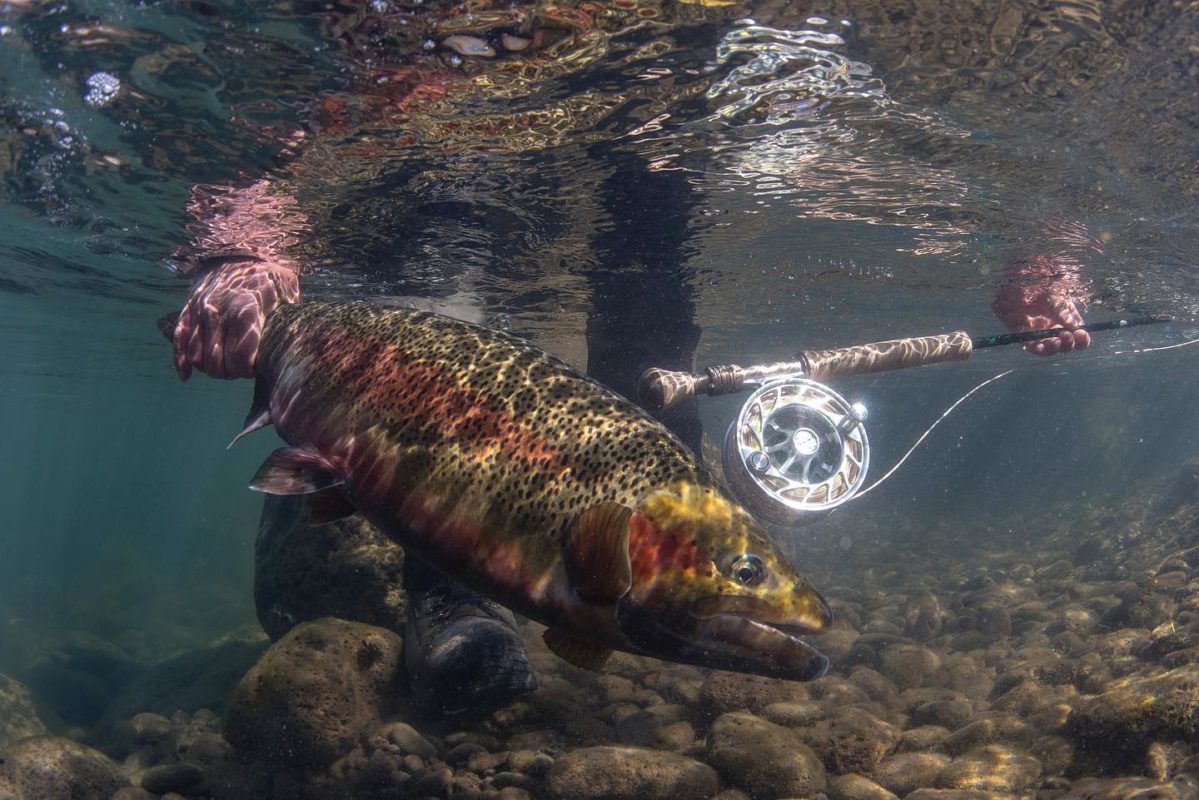Blog, Gear Lists
Be Prepared for Fishing
Being prepared for fishing is more than just buying the right gear, you have to cover all the other angles as well. Here are a few tips..
Be Ready for Weather
Choose a weather-proof jacket and angler pants that are lightweight, breathable, and can stand up to harsh rain and wind conditions. Storage is key, and be sure to have a good base layer—one that is lightweight in the summer and mid-weight in the spring.
Wet clothing could spoil your day. Check your existing gear, such as waders, for leaks or tears. If your gear is out of warranty, use a wader repair kit to repair any punctures.
Plan Your Day
It’s easy to want to run out to your favorite fishing hole as soon as the weather is right. But not so fast! Plan some of your outings well in advance—your extra preparation will pay off. Allow yourself at least an extra hour in your chosen spot for gear changes, longer hikes, maneuvering around rocks and eddies, or for extra marine traffic.
Accessorize
It’s the little things that can make or break your day on the water. What time of day do you plan to fish? Do you plan to be out from early morning to late evening?
Polarized sunglasses are a must-have for a variety of lighting conditions and can reduce eye strain while tying knots and flies. Already have glasses? Then treat yourself to replacement lenses, because scratches and dirt that build up over time can affect how you see the water.
You also need to remain mobile in case the first spot you choose doesn’t yield much catch. Find a good chest pack that works with you and not against you. Better than a traditional vest, a quality chest pack has lots of room for storage, yet is lightweight and moves with you.
Also, invest in a great chair for staking out the best spot at the shore. A rod holder and adjustable legs are musts for uneven ground. Some even have umbrellas built in, although these can tend to be bulkier to carry.
Fixing Your Gear at Home is Better than at the River
Let’s face it, no one wants to take the time to maintain their fishing gear, but it’s better you do it now while you’re at home rather than hassle with it on the water. In the long run you’ll gain more fishing time, save money, and lessen the likelihood of lost fish.
Check your reels for debris and lubricate them by stripping the line. Check the condition of your rods and make sure there are no nicks or breaks.
Lastly, get organized. Sort and clean your lures and make sure your tools are clean, accounted for, and ready. Before you know it, you’ll be enjoying a day out on the water, and thanking yourself for the planning and advance organization.
